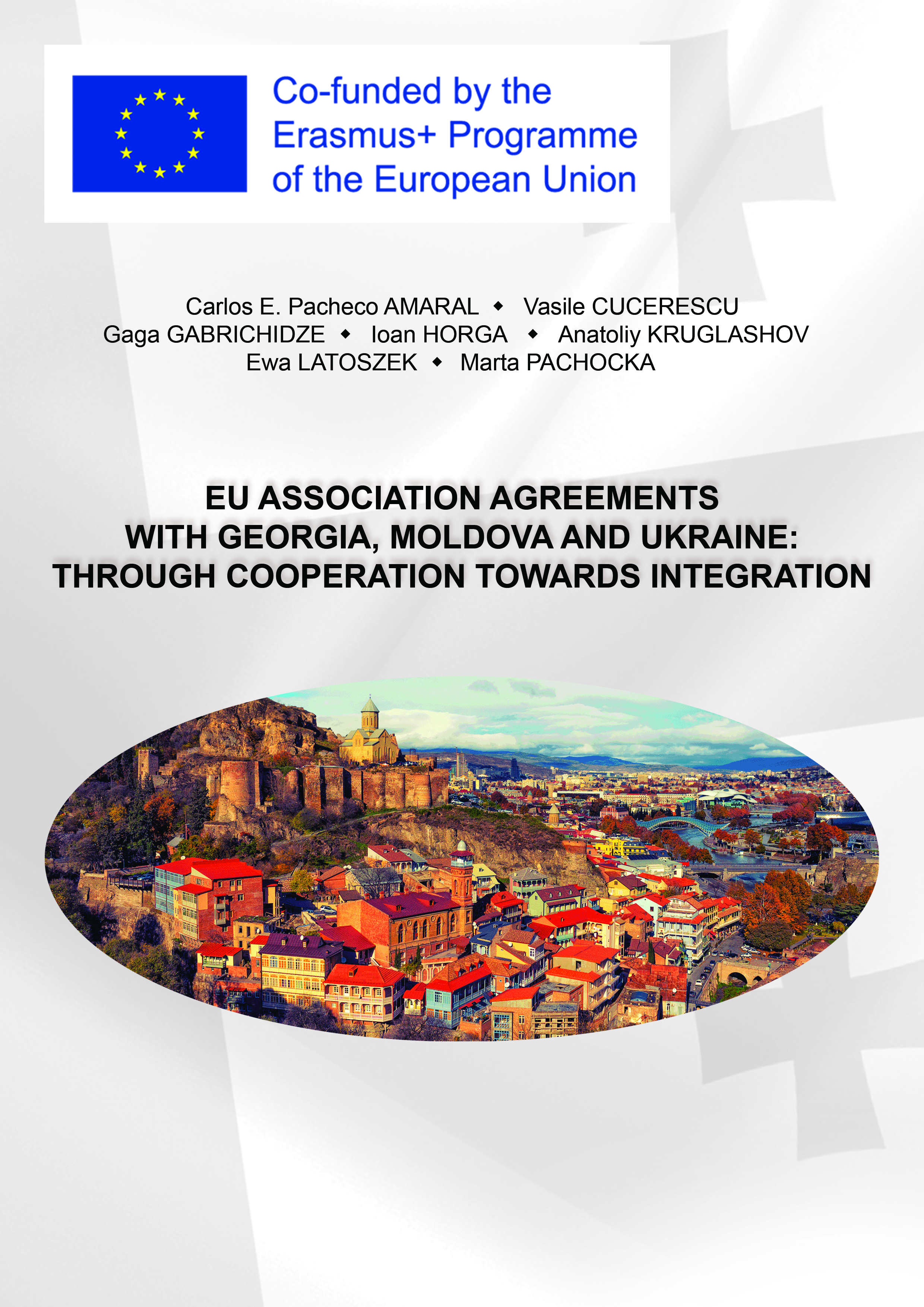Main Practical and Legal Issues in Georgian Merger Regulation in the Context of EU-Georgian Association Agreement
Main Practical and Legal Issues in Georgian Merger Regulation in the Context of EU-Georgian Association Agreement
Author(s): Solomon MenabdishviliSubject(s): Politics / Political Sciences
Published by: Editura Universitatii din Oradea
Keywords: merger regulation; competition; association agreement; Georgia
Summary/Abstract: The EU and Georgia signed the Association Agreement in 2014. Under Article 204, Georgia has undertaken the obligation to adopt comprehensive competition rules and set effective institution monitoring application of the rules. Comprehensive competition rules involve inter alia rules controlling mergers effectively. Merger leads structural changes of a relevant market, because the number of market players decreases and it may lead to price increase. In general there are horizontal, vertical and conglomerate mergers. The most problematic is the first one, because competitors producing competing products and services unify and it may result in serious anticompetitive effects on the market including price increase, limitation of outputs. Vertical mergers usually may entail benign effects, but it is necessary to study the relevant market and analyze all appropriate circumstances. In some cases it may have also anti-competitive effects, especially when it has foreclosure effects. As for conglomerate mergers, it rarely results in serious anti-competitive problems, because in this case producers of different types of products merge. Effective merger control involves substantial analyses of intended merger before it is implemented. EU Merger Regulation imposes obligations on merging parties to notify a merger to the competition authorities prior to its implementation, if they meet certain requirements depending on the turnover criteria. If the parties fail to fulfill the obligation, then they may face serious sanctions up to 10 percent of their total turnover. The Commission does substantial assessment of notified mergers. So far the Competition Agency of Georgia has received few notifications on intended mergers and it cleared all of them unconditionally. Therefore, it has not raised any competition concern. Though, there were some. Despite the fact that Georgia has undertaken the obligation to implement effective merger control, the Law on Competition of Georgia does not provide fines on the undertakings failing to notify in advance their intended mergers. The Agency has drafted amendments to the law year ago, but so far the Parliament of Georgia has not adopted it. Besides legislative flaws, the Competition Agency has not assessed unilateral and coordinated effects of notified mergers, while in the EU substantial assessment of merger involves analyzing of these effects.
Journal: Eurolimes
- Issue Year: 2017
- Issue No: 22
- Page Range: 224-232
- Page Count: 8
- Language: English
- Content File-PDF

